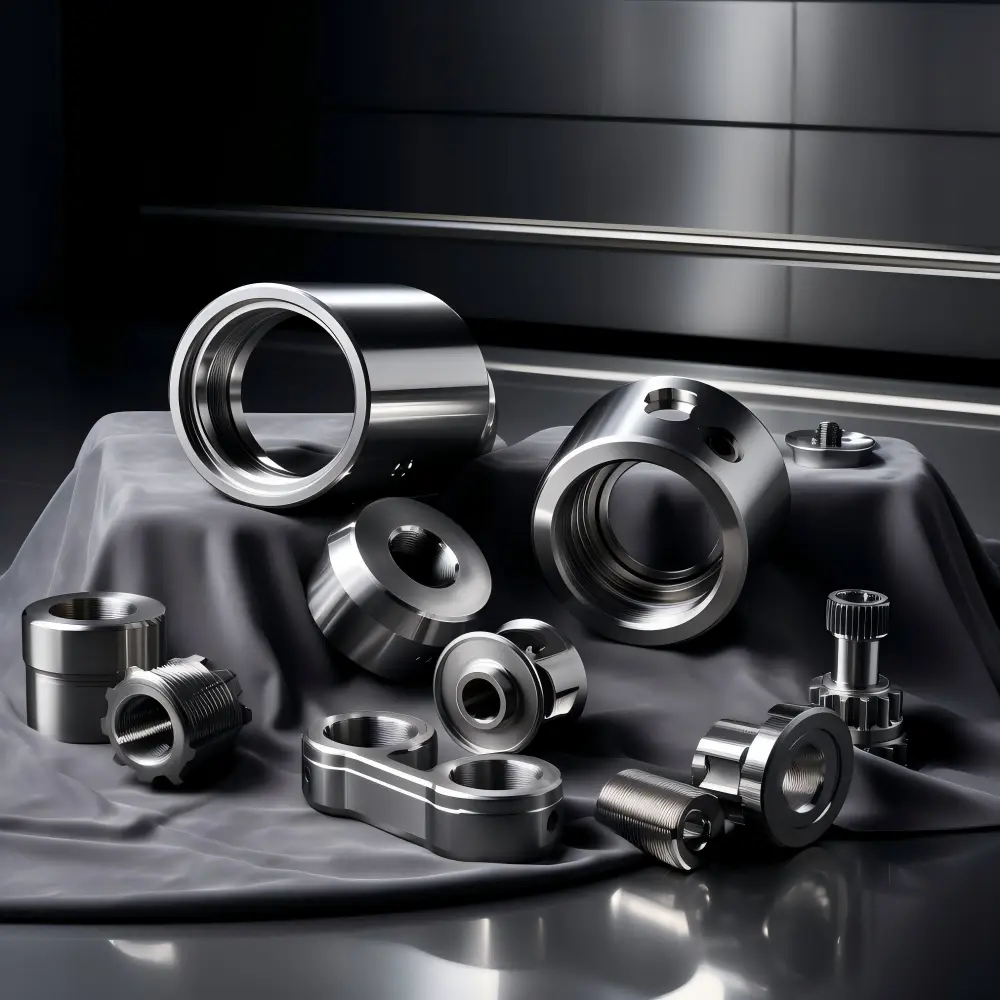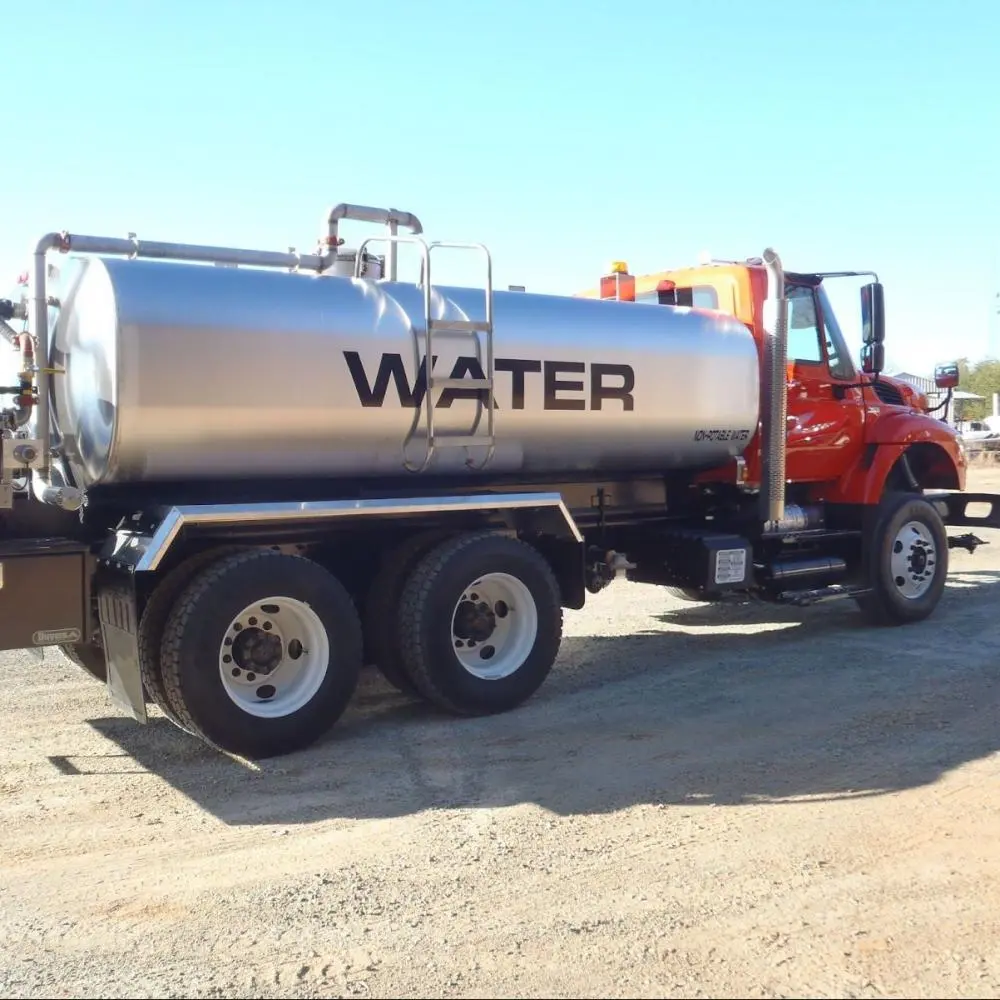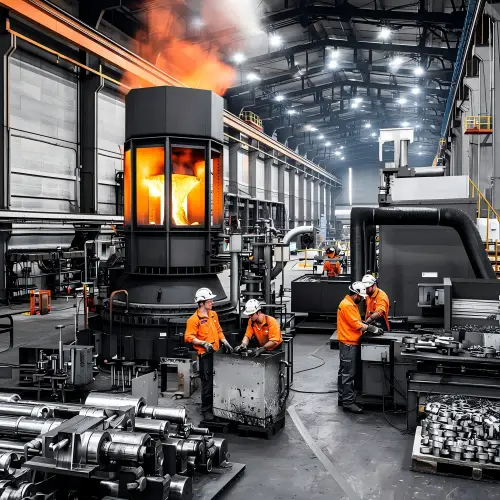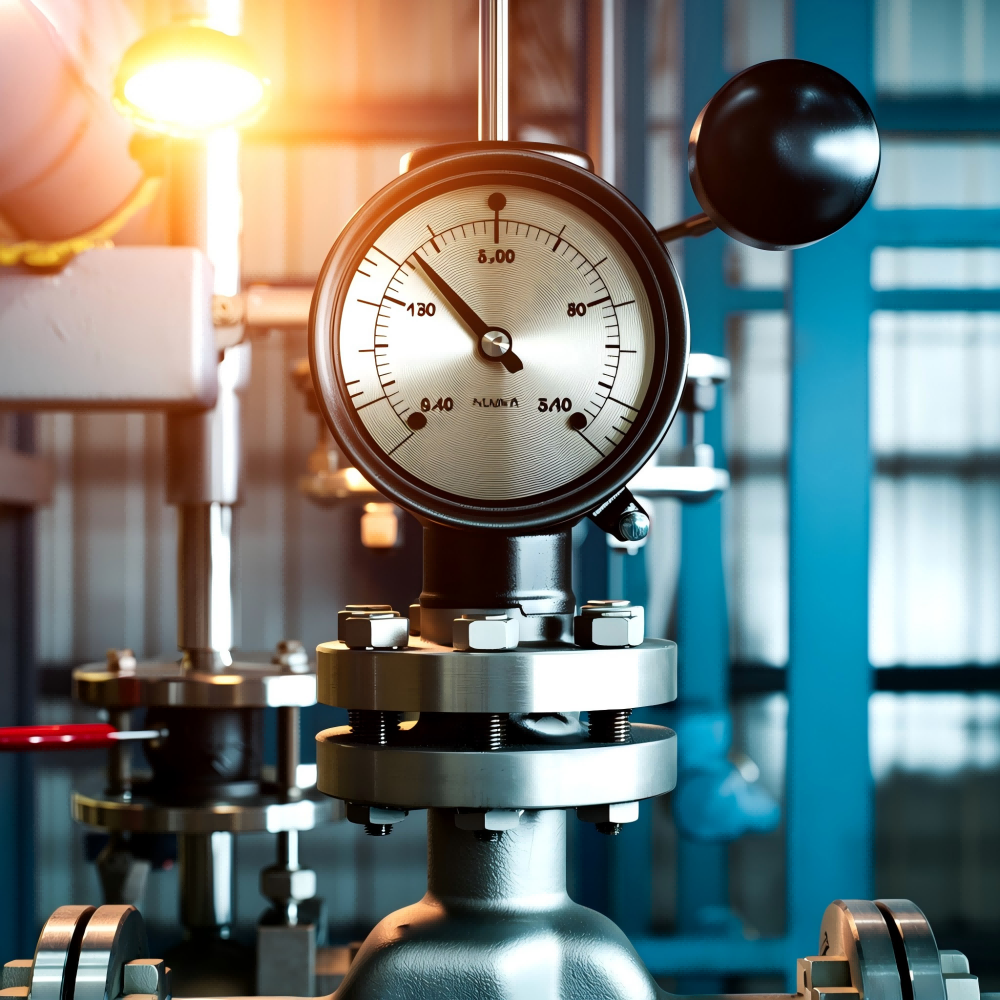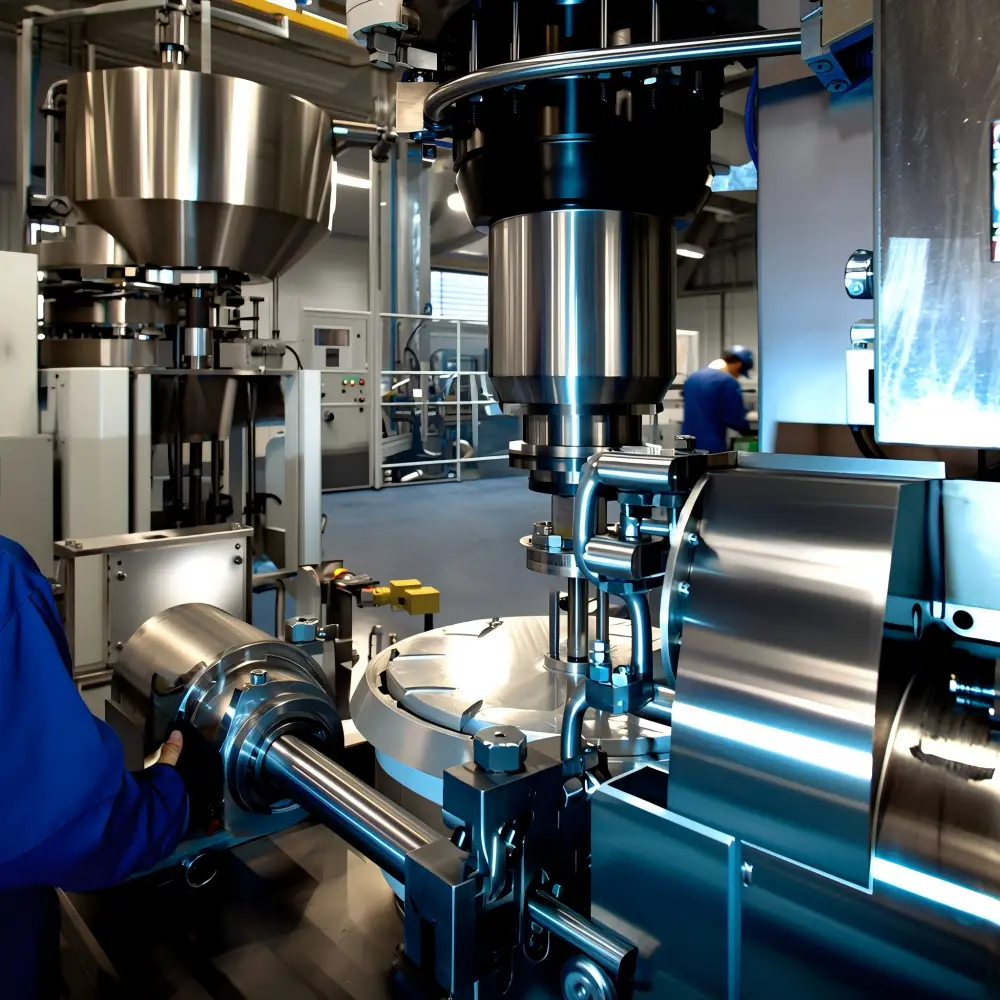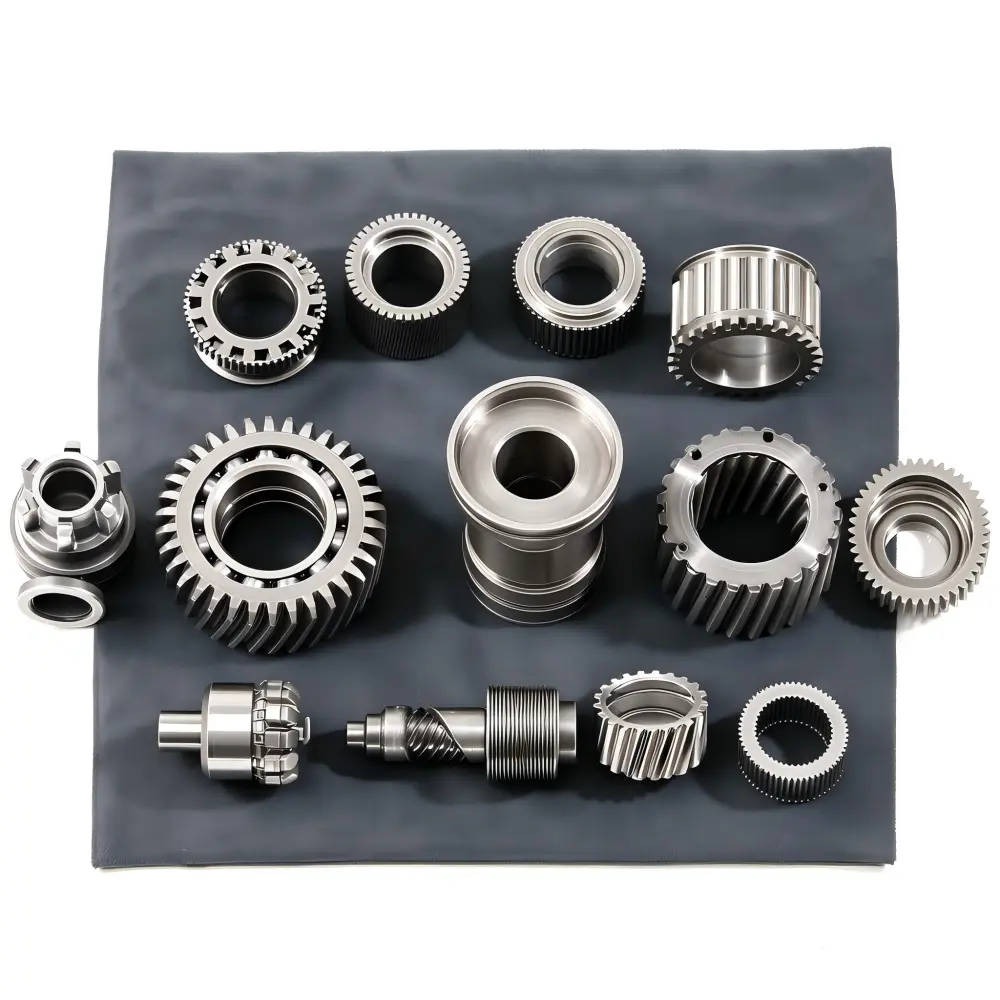Understanding the Benefits of Precision Casting
Precision Casting revolutionizes manufacturing with its exceptional design flexibility and superior dimensional accuracy. This method allows for the creation of intricate components with minimal machining, significantly reducing labor time and costs. By accommodating a wide variety of alloys, precision casting enhances material versatility, offering engineers more options for material selection. The process also ensures a smooth surface finish, which minimizes the need for additional machining and results in quicker lead times. Overall, precision casting stands out as a cost-effective solution, providing high-quality output at competitive pricing.
Design Integrity and Complexity
Precision casting excels in producing intricate designs, making it a preferred choice for industries requiring complex geometries. This capability stems from the incorporation of advanced technologies like 3D printing, which allows for the creation of detailed molds directly from digital designs. As a result, manufacturers can achieve shapes and details that were once considered impossible. Industries such as aviation and automotive benefit significantly from this precision, as they require components with exact specifications and fine details.
Intricate Designs
Ability to produce complex geometries.
Precision casting enables the production of complex geometries with remarkable accuracy. The process allows for the creation of components with intricate shapes, such as turbine blades and detailed art pieces. This ability to produce complex designs is crucial in sectors where precision and detail are paramount. For example, the aviation industry relies on precision casting to manufacture parts that must withstand extreme conditions while maintaining their structural integrity.
Examples of industries benefiting from intricate designs.
Several industries benefit from the ability of precision casting to produce intricate designs. The automotive industry uses this method to create lightweight yet strong components, enhancing vehicle performance and fuel efficiency. In the medical field, precision casting produces surgical instruments and implants with precise dimensions, ensuring patient safety and effectiveness. Additionally, the art world utilizes this technique to craft sculptures and decorative items with fine details, showcasing the versatility of precision casting.
Consistent Quality
Uniformity in production.
Precision casting ensures uniformity in production, which is essential for maintaining consistent quality across multiple components. By tailoring castings to fit exact specifications, manufacturers can simplify production processes and eliminate the need for additional fabrication. This uniformity reduces costs and enhances the reliability of the final product. The investment Casting Process, rooted in ancient wax casting techniques, has evolved to meet modern demands, providing consistent results across various applications.
Case studies of successful applications.
Numerous case studies highlight the success of precision casting in delivering consistent quality. In the aerospace industry, precision casting has been instrumental in producing components that meet stringent safety and performance standards. For instance, turbine blades manufactured through precision casting exhibit exceptional durability and efficiency. Similarly, in the automotive sector, precision casting has enabled the production of engine parts that contribute to improved fuel economy and reduced emissions. These examples underscore the importance of precision casting in achieving consistent quality and performance.
Cost-effectiveness
Precision casting offers significant cost advantages, making it an attractive choice for manufacturers seeking efficiency and savings. Precision casting
Reduced Material Waste
Precision casting minimizes material waste through its efficient process. By creating near-net shape components, this method reduces the excess material that often results from traditional manufacturing techniques. The high material utilization rate ensures that more of the raw material becomes part of the final product, leading to less scrap and waste. This efficiency not only conserves resources but also translates into cost savings for manufacturers. By using materials more effectively, companies can lower their expenses and improve their bottom line.
Lower Machining Costs
The precision casting process requires minimal additional machining, which further reduces production costs. Unlike other methods, such as die casting, precision casting often eliminates the need for secondary machining operations. This reduction in machining requirements saves on tooling costs and labor expenses. For example, in industries where intricate parts are necessary, precision casting provides components that meet specifications without extensive post-processing. This capability allows manufacturers to streamline their operations and allocate resources more efficiently, ultimately leading to significant cost savings.
Material Versatility
Precision casting offers remarkable material versatility, accommodating a wide range of alloys. This flexibility allows manufacturers to select the most suitable materials for their specific applications, ensuring optimal performance and durability.
Wide Range of Alloys
Precision casting supports an extensive list of compatible metals and alloys. These include:
- Aluminum: Known for its lightweight properties, aluminum is ideal for applications requiring reduced weight without compromising strength.
- Stainless Steel: Offers excellent corrosion resistance, making it suitable for environments exposed to moisture or chemicals.
- Carbon Steels: Provides high strength and wear resistance, often used in heavy-duty applications.
- Cobalt and Nickel Alloys: Known for their heat resistance, these alloys are perfect for high-temperature environments.
- Copper and Brass-Based Alloys: These materials offer excellent electrical conductivity, making them ideal for electrical components.
- Iron-Based Alloys: Known for their durability and strength, often used in construction and machinery.
Applications in Various Industries
The versatility of precision casting extends across numerous industries. In the aerospace sector, the use of heat-resistant alloys ensures that components can withstand extreme temperatures. The automotive industry benefits from lightweight aluminum parts that enhance fuel efficiency. In medical applications, stainless steel provides the necessary corrosion resistance for surgical instruments and implants. The electronics industry relies on copper-based alloys for efficient electrical conductivity. Each of these examples highlights how precision casting meets diverse industry needs through its material versatility.
Customization Options
Precision casting offers extensive customization options, allowing manufacturers to tailor materials to specific needs. This adaptability ensures that components meet precise specifications and performance requirements.
Tailoring Materials to Specific Needs
Manufacturers can adjust the composition of alloys to achieve desired properties. For instance, adding elements like chromium to stainless steel enhances its corrosion resistance. Similarly, modifying the alloy composition can improve strength, ductility, or thermal conductivity. This level of customization ensures that each component performs optimally in its intended application.
Benefits of Material Flexibility
The ability to customize materials provides several benefits. It allows for the creation of components that are not only fit for purpose but also optimized for cost and performance. Material flexibility reduces the need for additional treatments or coatings, saving time and resources. Furthermore, it enables innovation by allowing engineers to experiment with new alloy combinations, leading to advancements in product design and functionality.
Accuracy and Surface Finish
Precision casting stands out for its ability to achieve remarkable accuracy and superior surface finish. These attributes make it a preferred choice in industries where precision and aesthetics are paramount.
Dimensional Precision
Precision casting excels in achieving tight tolerances. This capability ensures that components meet exact specifications, which is crucial in high-precision industries. For instance, the aerospace sector demands parts with precise dimensions to ensure safety and performance. The process of precision casting allows for the production of complex shapes with high dimensional accuracy, as highlighted in the Precision Casting Market Analysis 2024. This study emphasizes the method's ability to produce intricate castings with consistent quality.
Achieving tight tolerances.
Precision casting achieves tight tolerances through advanced techniques. The use of Silica Sol Investment Casting enhances the precision of castings, as noted in the Precision Casting Technologies Advancements. This method incorporates 3D printing and advanced simulation tools, allowing for the creation of highly precise components. The result is a casting process that consistently meets stringent dimensional requirements.
Importance in high-precision industries.
High-precision industries, such as medical and automotive, rely on precision casting for its dimensional accuracy. In the medical field, surgical instruments and implants require exact measurements to ensure patient safety. Similarly, the automotive industry benefits from precision casting by producing engine parts that enhance fuel efficiency and reduce emissions. The ability to maintain tight tolerances ensures that these components perform optimally in their respective applications.
Superior Surface Finish
Precision casting provides a superior surface finish, reducing the need for post-processing. This advantage not only saves time but also enhances the aesthetic appeal of the final product. The Advantages of Precision Investment Casting study highlights how this method minimizes machining work due to its excellent surface finish.
Reduction in post-processing requirements.
The reduction in post-processing requirements stems from the smooth surface finish achieved through precision casting. This process eliminates the need for extensive machining, which can be costly and time-consuming. By delivering components with a near-net shape, precision casting streamlines production and reduces labor costs. This efficiency is particularly beneficial in industries where time-to-market is critical.
Examples of improved product aesthetics.
Improved product aesthetics result from the high-quality surface finish provided by precision casting. In the consumer electronics industry, for example, the sleek appearance of devices is often attributed to the casting process. Similarly, in the art world, precision casting allows for the creation of sculptures with fine details and smooth surfaces. These examples demonstrate how precision casting enhances the visual appeal of products across various sectors.
Precision casting offers numerous advantages that make it an ideal choice for high-quality component production. It provides exceptional surface finish and dimensional accuracy, reducing the need for additional machining. This process allows for the creation of complex and precise designs, offering engineers a wide range of detailing options. By minimizing material waste and machining work, precision casting proves to be cost-effective. Manufacturers should consider precision casting for future projects to benefit from its versatility and efficiency. Embracing this method ensures reliable and superior results in various industries.






